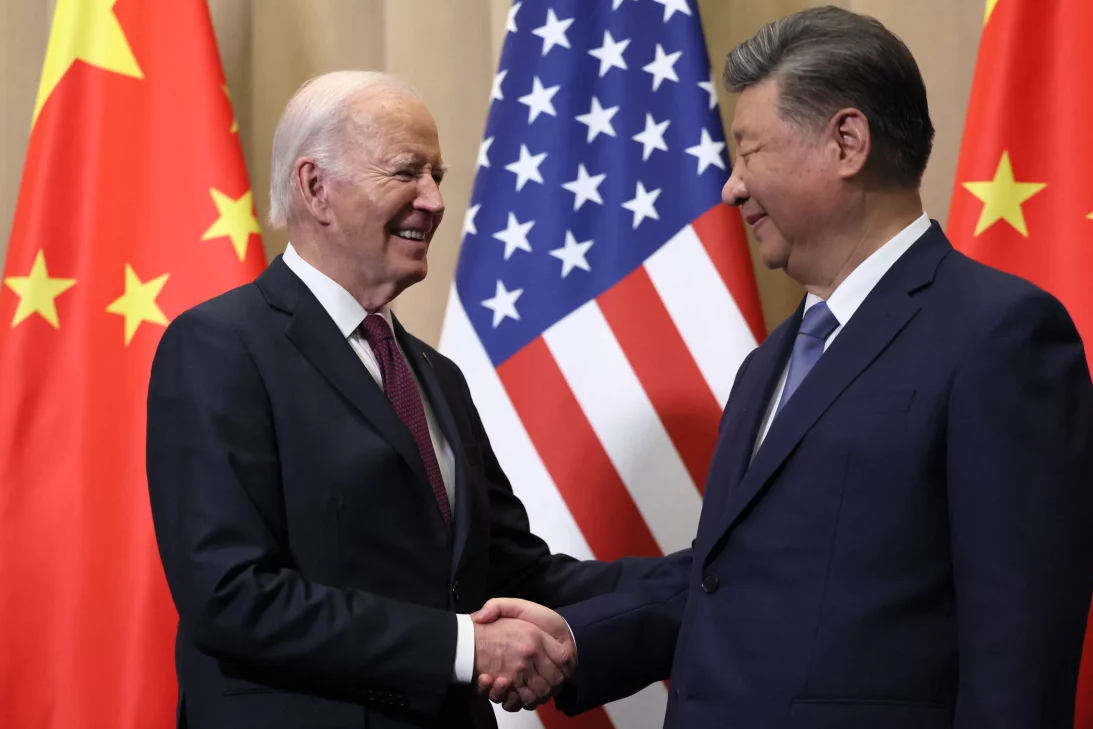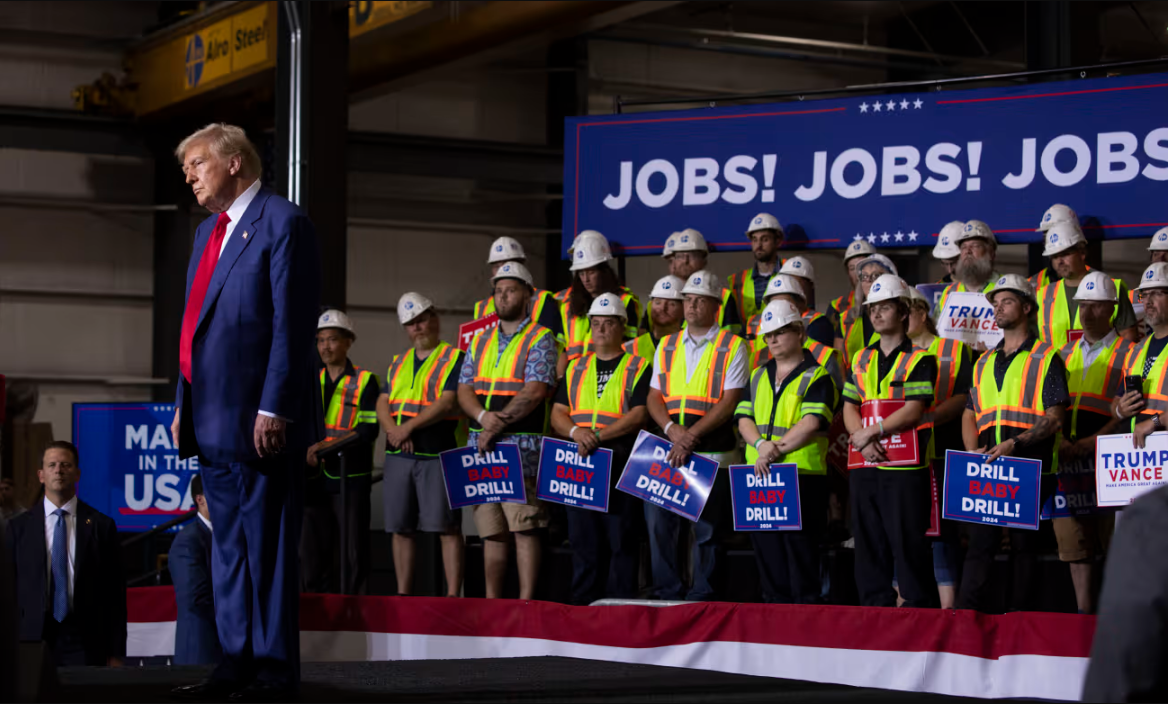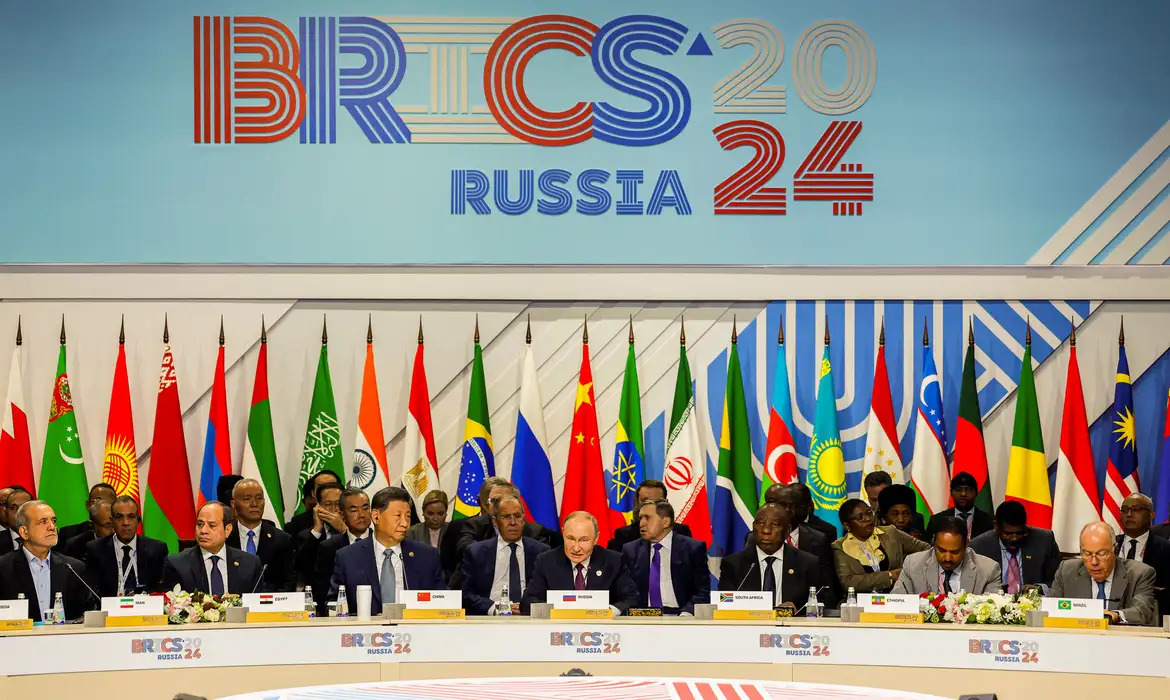Ghulam Ali, Deputy Director, Hong Kong Research Center for Asian Studies
Nov 22, 2024
A change in America’s political leadership will bring challenges, but China is not as vulnerable as some say. Aggressive U.S. policies could push China to diversify its investments and explore new markets, while projecting itself as a stable and predictable power.
Chen Jimin, Guest Researcher, Center for Peace and Development Studies, China Association for International Friendly Contact
Nov 22, 2024
Donald Trump’s victory in the 2024 presidential election is worrisome. People-to-people exchanges between China and the United States faced many challenges during his first term, and the Republican Party Platform is not friendly to outsiders. There could be stormy weather ahead.

David Shambaugh, Gaston Sigur Professor and Director of China Policy Program at George Washington University, Distinguished Visiting Fellow at Hoover Institution of Stanford University
Nov 22, 2024
As the outgoing Biden administration gives way to the incoming Trump administration, Presidents Biden and Xi Jinping met in Lima, Peru for the final time as national leaders. The working summit meeting caps four years of turbulent relations between the two nations and governments. But despite tensions, the two sides have managed to successfully reestablish channels of intergovernmental communication that have served to stabilize the relationship to some extent.

Sun Chenghao, Fellow, Center for International Security and Strategy of Tsinghua University; Munich Young Leader 2025
Nov 18, 2024
Europe may be entering a quasi-competitive phase with the United States — no longer occupying the center of U.S. foreign policy. Rather, it will have to face Trump’s tendency to de-prioritize allies, which will likely add fuel to Europe’s drive toward strategic autonomy.

Jodie Wen, Postdoctoral researcher and assistant fellow, Center for International Security and Strategy at Tsinghua University
Nov 18, 2024
Collaborating in various fields after expansion, BRICS members remain dedicated to coping with U.S. hegemony and sanctions, as well as reducing trade and investment barriers and accomplishing common development. The group’s influence is on the rise.
Richard Weitz, Senior Fellow, Hudson Institute
Nov 08, 2024
BRICS represents a major shift in how Global South states are approaching their international agenda, and the latest summit in Russia - amid conflict in Ukraine and changing winds in America - is an opportunity for member nations to play the part of a leader among their peers.
Ghulam Ali, Deputy Director, Hong Kong Research Center for Asian Studies
Nov 08, 2024
Improved bilateral relations will empower the organization, strengthen South-South cooperation and promote multipolarity in international relations. It will also enhance the status of BRICS as a platform to address sensitive issues through diplomacy.

Ted Galen Carpenter, Senior Fellow, Randolph Bourne Institute
Nov 08, 2024
It’s likely that Washington’s sterile China policy will persist regardless of which candidate wins the U.S. presidential elections, a situation that could be detrimental for the entire global community.

Wang Huiyao, Founder, Center for China & Globalization
Nov 03, 2024
No matter who wins on Nov. 5 — Kamala Harris or Donald Trump — the coming vote will impact the world. China and the United States have a shared responsibility to navigate the problems of climate, economic development and conflict, and constructive efforts on both sides will make all the difference. This essay explores some possible election outcomes that will affect China.

Brian Wong, Assistant Professor in Philosophy and Fellow at Centre on Contemporary China and the World, HKU and Rhodes Scholar
Oct 30, 2024
The recent meeting between Chinese President Xi Jinping and Indian Prime Minister Narendra Modi at the BRICS summit highlights a crucial shift toward economic growth and rebuilding their relationship amid ongoing competition and territorial disputes. Ultimately, it’s imperative the two countries find ways to bolster trust, facilitate communication, and identify common ground moving forward.